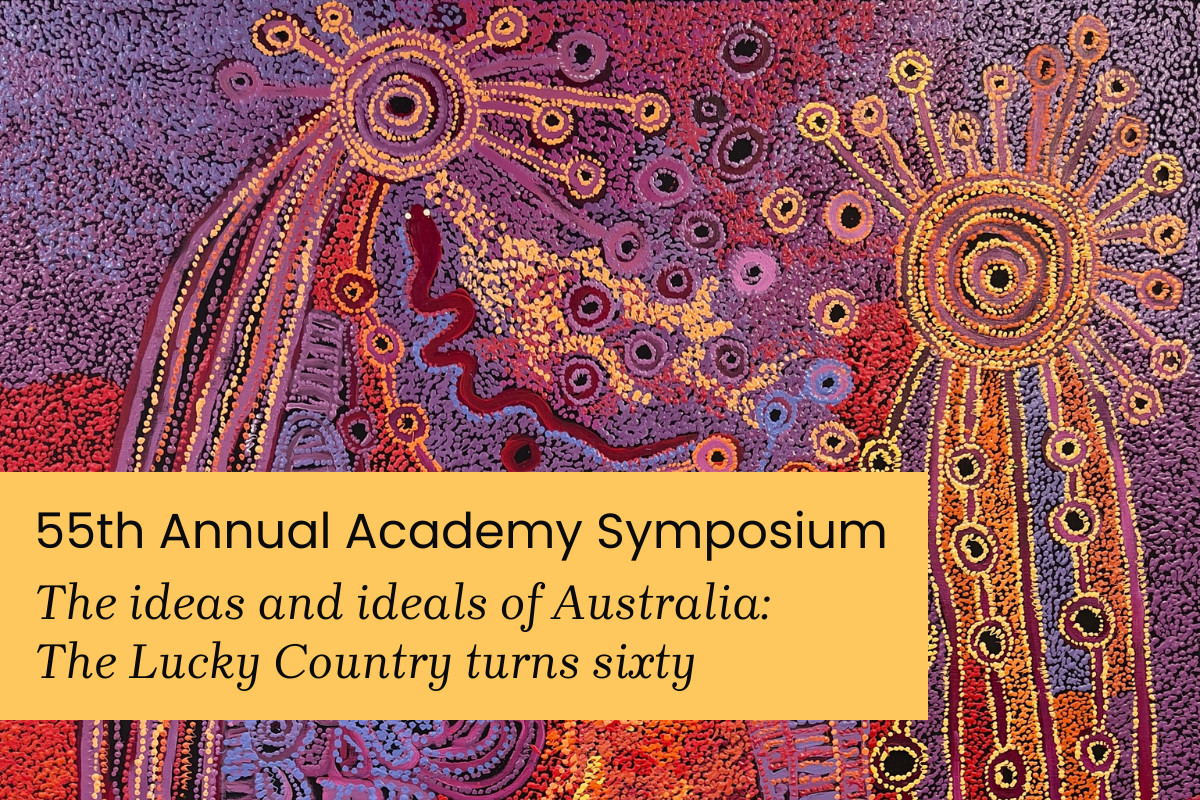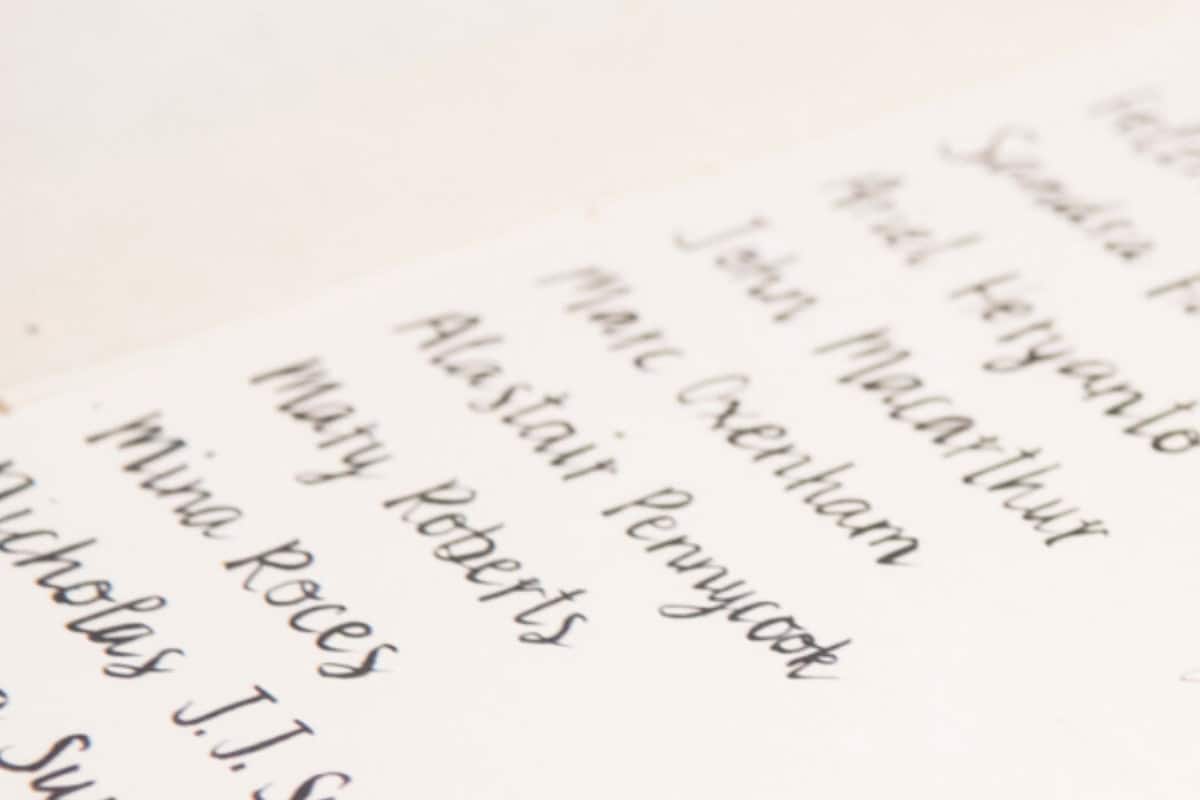Friday 15 November, 1.30-3.00pm
Culture has long been integral to national community, and this relationship was being reshaped and reinvigorated at the time Donald Horne wrote The Lucky Country. Horne celebrated the culture and lifestyle of ordinary Australians while bemoaning the quality of Australia’s elite, and the 1970s and 1980s witnessed greater investment in the cultural domains, seeing the rise of commercial sport as spectacle and the lavish, colourful and contested Bicentenary of 1988. The present century, however, has arguably seen a faltering of the idea of culture as a basis of national identity, as well as less willingness on the part of government to fund it. How did culture lose some of this purchase as a public good, and how has the idea that it is an elite project been so easily politicised to fight culture wars? The session will explore whether the project of a national culture is still either possible or desirable, and what role a renovated and inclusive concept of culture might play in Australia’s future.
 Chaired by Honorary Associate Professor Esther Anatolitis
Chaired by Honorary Associate Professor Esther Anatolitis
Editor of Meanjin Esther Anatolitis is one of Australia’s leading advocates for arts and culture and a respected champion of artists’ voices. She is Honorary Associate Professor at RMIT School of Art, a member of the National Gallery of Australia Governing Council, and Co-Chair of the Australian Republic Movement. Across two decades, Esther’s work in arts and media leadership has created transformative change, introducing new artistic frameworks to well-established companies that generate new thinking and new work. She has led galleries, festivals, publishers, broadcasters, regional organisations, national peak bodies and advocacy consortia, and has been a bipartisan appointee to policy committees at all government levels. Her strategic consultancy Test Pattern works with arts and government bodies across Australia on creative precincts and cultural policy. A prolific writer and commentator, Esther is the author of Place, Practice, Politics, and her anthology Essays that Changed Australia: Meanjin 1940 to today is published just days before our Symposium. Her work is collected at estheranatolitis.net.
Speakers
Mr Kim Williams AM
Abstract pending.

Kim Williams has had a long involvement in the arts, entertainment and media industries here and overseas and has held various executive leadership positions since the late 1970s including as Chief Executive at each of News Corp Australia, FOXTEL, Fox Studios Australia, the Australian Film Commission, Southern Star Entertainment and Music Viva Australia and also as a senior executive at the ABC.
Kim has also held numerous Board positions (and Chairmanships) in commercial and public life over more than three decades including as Chairman of the Australian Film Finance Corporation (which he founded in 1988); Chairman of each of the Sydney Symphony Orchestra; Musica Viva Australia; and the Sydney Opera House Trust from 2005 until 2013.
He was appointed as a Member of the Order of Australia in June 2006 for his services to the arts and public policy formulation in the film and television industries. In October 2009 he received a Doctorate of Letters (Honoris Causa) by Macquarie University for his contribution to the arts and entertainment industry.
He was appointed in January 2024 by the Honourable Anthony Albanese, Prime Minister of Australia, as the twentieth Chair of the Australian Broadcasting Corporation, with effect from 7 March for a five year term.
Professor Jacqueline Lo
Abstract pending.

Professor Jacqueline Lo is Director of the new Indo-Pacific Research Centre at Murdoch University. She is also Honorary Professor at the Australian National University. An internationally recognised Humanities scholar and pioneer of Asian Australian Studies, her work on multiculturalism, diaspora and cross-cultural studies has influenced academic and policy sectors in Europe, Asia and the USA.
Jacqueline is a highly experienced academic leader in management, academic governance, and research strategy. She has particular expertise in stakeholder engagement, international partnership development and academic diplomacy.
Jacqueline is the Founding Chair of the Asian Australian Studies Research Network (AASRN) and was awarded the Knight of the Academic Palms in 2014 by the French Government. She is Chair of the Asian Australian Studies series with ANU Press and serves on the ANU Press’ Social Science Board. She is also Non-Executive Director of the Centre for International Trade and Investment (ACITI).
She was formerly Pro Vice-Chancellor (International) of the University of Adelaide (2020-2022). Prior to this, she was Chair of Academic Board at the ANU (2016-2020), as well as Associate Dean (International) for the ANU College of Arts and Social Sciences and Executive Director of the Centre for European Studies (co-funded by the European Commission).
Professor Justin O’Connor
Abstract pending.
 Justin O’Connor is Professor of Cultural Economy at the University of South Australia and Visiting Professor at the School of Cultural Management, Shanghai Jiaotong University. Between 2012-18 he was a member of the UNESCO ‘Expert Facility’, supporting the 2005 Convention on the Protection and Promotion of Cultural Diversity. Previously he helped set up Manchester’s Creative Industries Development Service (CIDS) and has advised cities in Europe, Russia, Korea, Vietnam and China. Under the UNESCO/EU Technical Assistance Programme he has worked with the Ministries of Culture in both Mauritius and Samoa. He is currently working with the Reset Collective.
Justin O’Connor is Professor of Cultural Economy at the University of South Australia and Visiting Professor at the School of Cultural Management, Shanghai Jiaotong University. Between 2012-18 he was a member of the UNESCO ‘Expert Facility’, supporting the 2005 Convention on the Protection and Promotion of Cultural Diversity. Previously he helped set up Manchester’s Creative Industries Development Service (CIDS) and has advised cities in Europe, Russia, Korea, Vietnam and China. Under the UNESCO/EU Technical Assistance Programme he has worked with the Ministries of Culture in both Mauritius and Samoa. He is currently working with the Reset Collective.
Justin is co-editor of the 2015 Routledge Companion to the Cultural Industries; Cultural Industries in Shanghai: Policy and Planning inside a Global City, (2018); Re-Imagining Creative Cities in Asia (2020); and Different Histories, Shared Futures: Dialogues on China and Australia (2022).
He recently co-authored Red Creative: Culture and Modernity in China (2020), Reset: A new Start for Art and Culture (in Dutch, Starfish books); and Culture is Not an Industry, Manchester University Press.



